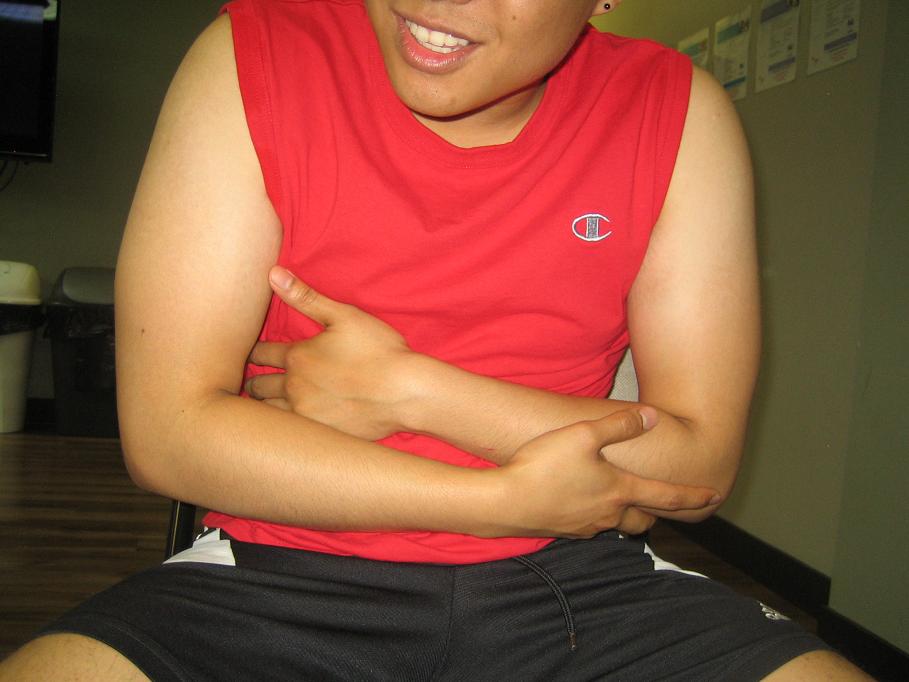There are various strains of E. coli and one is the E. coli enteritis. Essentially, a number of strains thrive in the digestive tract as “good” bacteria. Nevertheless, certain toxic strains can trigger serious illnesses.
Indications of E. coli enteritis
The signs and symptoms of E. coli enteritis usually develop 24-72 hours afterwards exposure. The primary indication is severe, abrupt diarrhea that is often bloody. The other symptoms include the following:
- Sweating
- Fever
- Severe abdominal cramps
- Intestinal gas
- Appetite loss
- Vomiting
- Nausea
The primary indication is severe, abrupt diarrhea that is often bloody. - Lethargy
- Fatigue
There are certain strains of E. coli that release a toxin that is capable of triggering the destruction of the red blood cells among children. This is a rare but dangerous infection called as hemolytic uremic syndrome.
What are the causes?
One can be exposed to the toxic strains of E. coli via drinking or consuming something contaminated. This usually occurs due to unsafe handling of food. Most cases of infections occur after ingesting meat that came in contact with the bacteria and wastes from animal intestines during processing.
The E. coli enteritis infections are also triggered by food that was washed using water contaminated with animal or human waste. Uncooked or raw meats and eggs can be dangerous as well. In addition, drinking untreated water from a well or stream can increase the risk.
Treatment
The usual complication of E. coli enteritis is dehydration due to diarrhea. Remember that drinking fluids and maintaining proper hydration of the body is vital. In case the individual could not hold fluids down due to intense diarrhea or vomiting, it is vital to bring the individual to a healthcare facility so that intravenous fluids can be administered.
A doctor should be consulted if anti-diarrheal medications that are available over-the-counter can be used especially if there is fever or blood-streaked diarrhea.
Although antibiotics are usually prescribed to manage bacterial infections, there is no proof that these are useful in treating E. coli enteritis. Essentially, antibiotics increases the risk for hemolytic uremia particularly with certain strains of bacteria.
In most cases, one can recover without medications within 2 days. Remember that the vital point of treatment is to drink more fluids and getting enough rest.
Preventive measures
There are various ways in which E. coli enteritis can be prevented such as the following:
- Always wash hands regularly especially after using the bathroom or changing soiled diapers as well as before preparation or eating.
- Meats should be thoroughly cooked and use a thermometer to check whether food has reached a safe temperature.
- Wash vegetables and fruits thoroughly especially if consumed raw.
- Any cooking utensils, cutting boards and knives that come in contact with raw food must be washed.
- Raw oysters and fish as well as raw juices and dairy products that are unpasteurized must be avoided.
- It is not advisable to drink water while swimming or playing in streams, lakes, ponds and swimming pools.


